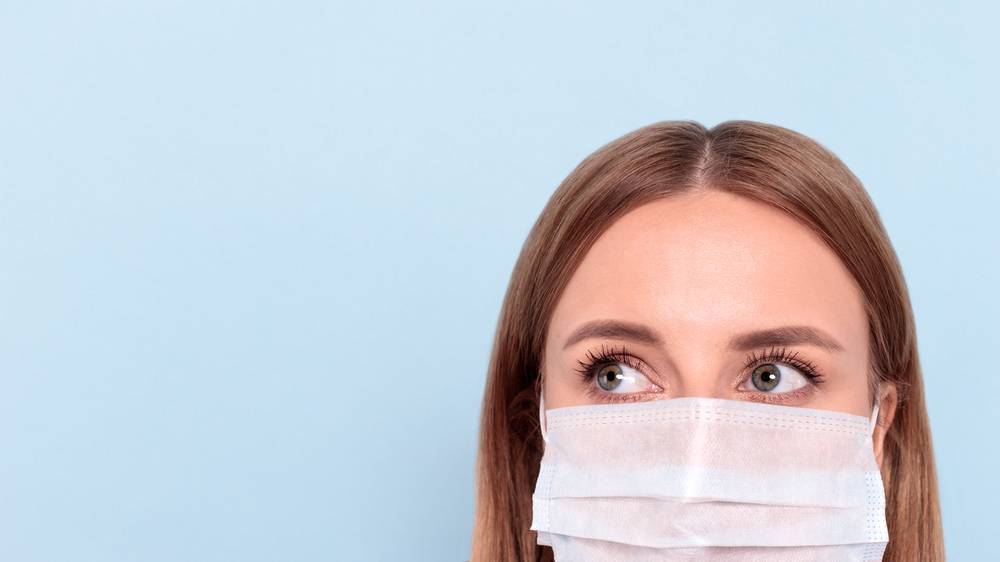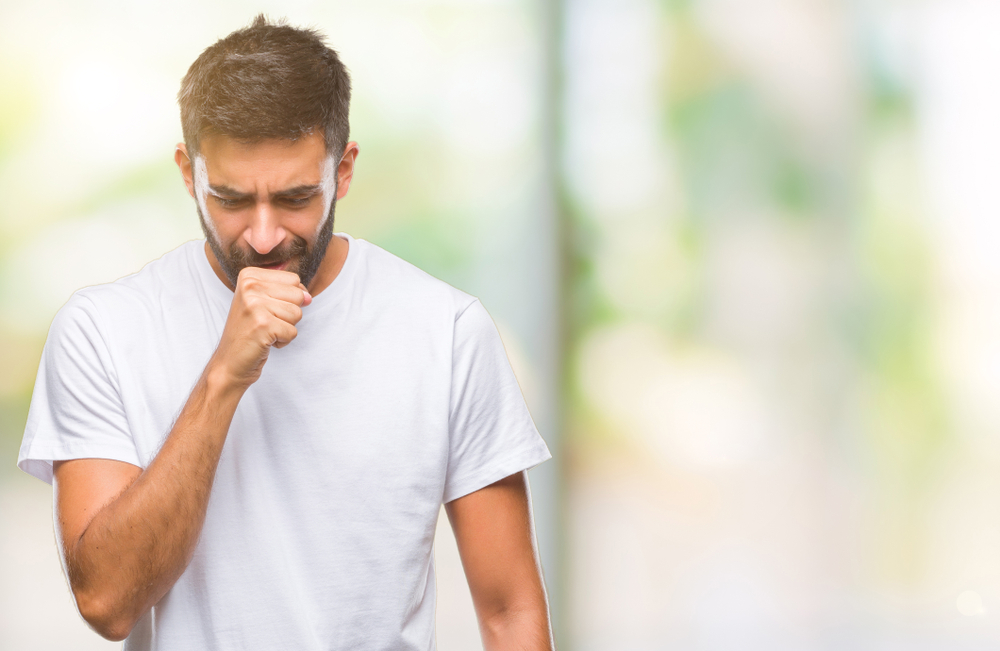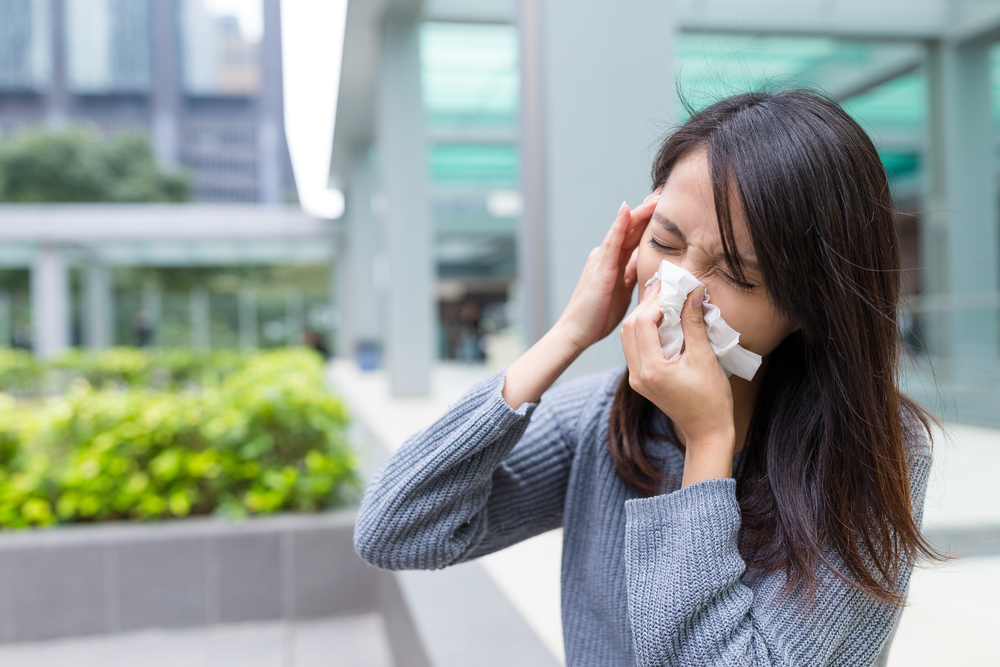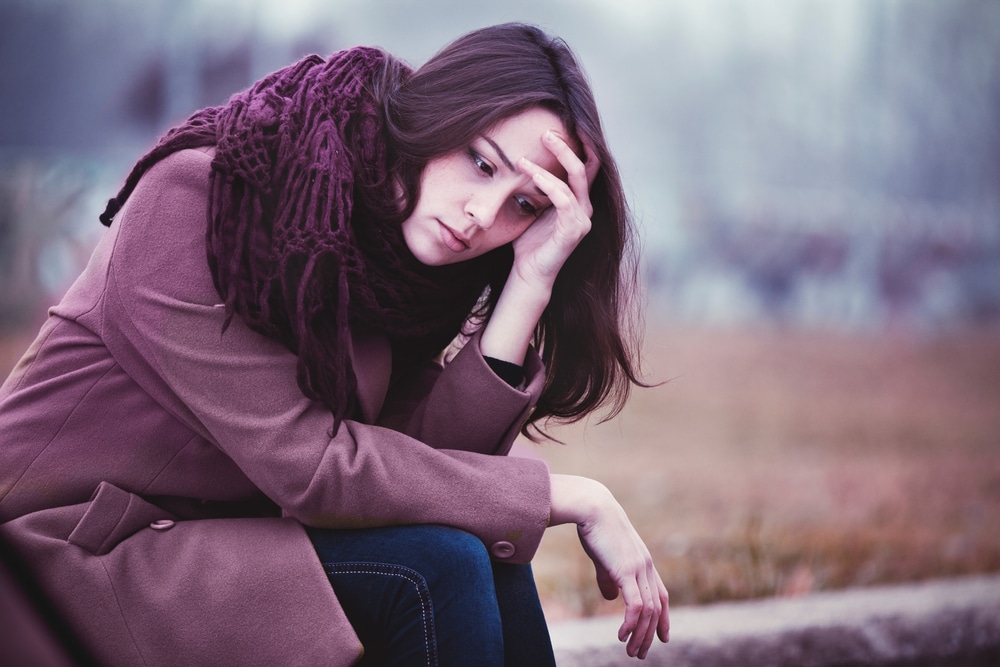When COVID knocked, the worry that many had was identifying if its allergy symptoms or something else. It was more worrying when you felt the symptoms of other seasonal allergies that seemed like COVID symptoms. Most COVID symptoms are entirely similar to the symptoms exhibited in seasonal allergies, like the common cold.
Allergies can mimic Covid-19 if you only focus on specific symptoms. Allergies can cause nasal symptoms like running nose as experienced with Covid-19, but they rarely lead to a fever. Some signs of Covid will likely overlap with those of allergies, but if you are keen enough, you will notice the difference.
Seasonal Allergies
Like their name, seasonal allergies affect you in specific seasons due to change in weather and atmospheric conditions, including air pollution. Their symptoms may vary from one person to another. But the general symptoms for seasonal allergies include:
- Runny or stuffy nose
- Watery and itchy eyes
- Sneezing
- Dry cough
- Ear congestion
- Itchy throats and ear canals
- Postnasal drainage
Headache, coughing, shortness of breath, and wheezing are also associated with allergies but are less common.
Symptoms of COVID-19
COVID-19 is the disease that one gets after getting exposed to the new coronavirus. Its main symptoms and warning signs are dry coughs, fever, and fatigue. Other times the virus causes cold-like symptoms like running nose, which makes it hard for one to tell whether it is Covid or allergy when it is the allergy season.
The symptoms of COVID-19 that can appear anytime between 2-14 days are:
- Headache
- Diarrhea
- Cough
- Fever
- Shortness of breath
- Body or muscle aches
- Fatigue
- Sore throat
- Nausea and vomiting
- Loss of taste or smell
- Runny nose or congestion
These symptoms can appear anytime between 2 to 14 days after exposure to the virus. The World Health Organization advises that you call your doctor immediately for help as early as possible if you spot any of the symptoms.
Preventing Sickness
The best way to prevent any sickness is to exercise precautions against such diseases. The preventive measures against allergies include staying off the conditions that make your body to react. If your body reacts to pollen grains, you will need to remain indoors or avoid walks to the fields during the pollination season.
In the case of COVID-19, you’ll have to follow the guidelines put in place by the CDC to be safe from this deadly virus. The standard precautions you should always take include washing your hands, maintaining social distance, wearing your mask in public, etc.
Getting with Your Provider
When you are at crossroads trying to decipher Covid allergy symptoms, your health service providers are the best persons to run. At PHC, we will answer all your questions and attend to your worries.
Give us a call today, and we will be glad to offer a solution to your health problem.




